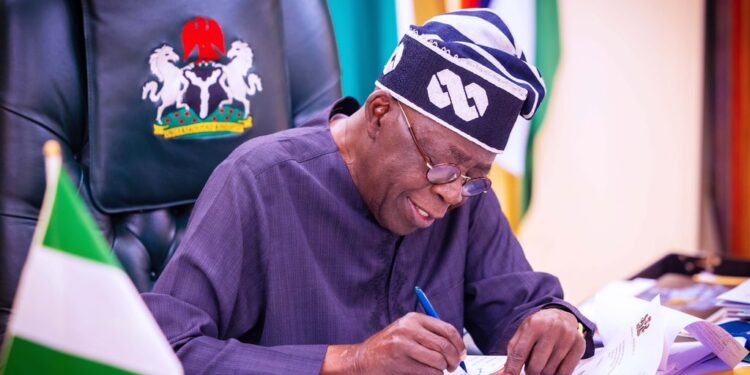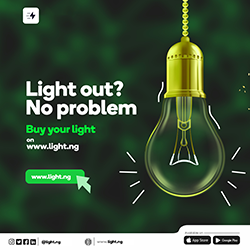President Bola Tinubu on Friday has officially signed the Electricity Act (Amendment) Bill, 2024, making it law.
Ajuri Ngelale, the Special Adviser on Media and Publicity to Tinubu, made the announcement in Abuja through a statement titled ‘President Tinubu’s endorsement of Electricity Act (Amendment) Bill’.
The bill, sponsored by Babajimi Benson of Lagos State’s Ikorodu Federal Constituency, was ratified by the House of Representatives on July 27, 2023, and the Senate on November 14, 2023.
Furthermore, it dictates that the funds earmarked for host community development shall be managed and disbursed for infrastructure advancements within the host communities by a reputable Trustee/Manager, chosen collaboratively by the relevant GENCO and their respective host community.
What the President is Saying
According to that statement, the Electricity Act (Amendment) Bill of 2024 aims to tackle the developmental and environmental issues affecting host communities. It allocates five percent of the previous year’s actual annual operating expenditures of power generating companies for the advancement of their respective host communities.
The statement reads,
- “The Electricity Act (Amendment) Bill, 2024, seeks to address the development and environmental concerns of host communities, and sets aside five percent of the actual annual operating expenditures of power generating companies (GENCOs) from the preceding year for the development of their respective host communities.
- “The Bill further provides that the funds set aside for the development of host communities will be received, managed, and administered for infrastructure development in the host communities by a reputable Trustee/Manager to be jointly appointed by the respective GENCO and their host community.”
What you should know
- Earlier in 2023, President Tinubu assented to the 2023 Electricity Act which is a replacement for the Electricity and Power Sector Reform Act of 2005.
- The Act was meant to bring about the de-monopolization of Nigeria’s electricity generation, transmission, and distribution of electricity at the National level and empower states, companies, and individuals to generate, transmit and distribute electricity.
- The Electricity Act was first passed in July 2022 under the Muhammadu Buhari administration.
- Under the Act, states can issue licenses to private investors who can operate mini-grids and power plants within the state. However, the Act precludes interstate and transnational electricity distribution.
For more Blogs like this visit www.blog.light.ng.
Source: Nairametrics.com






